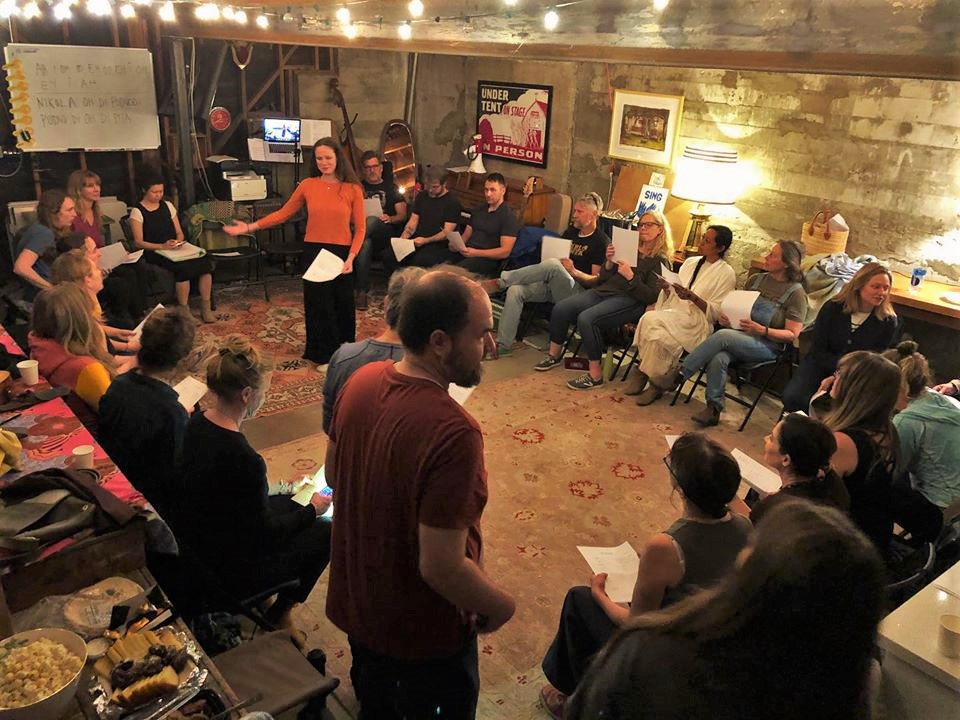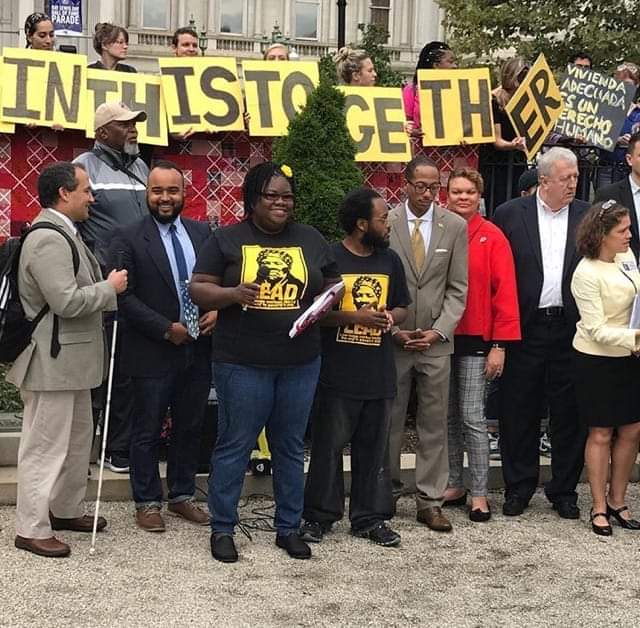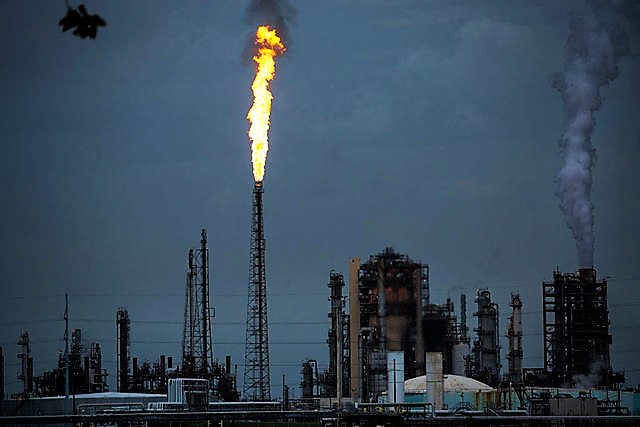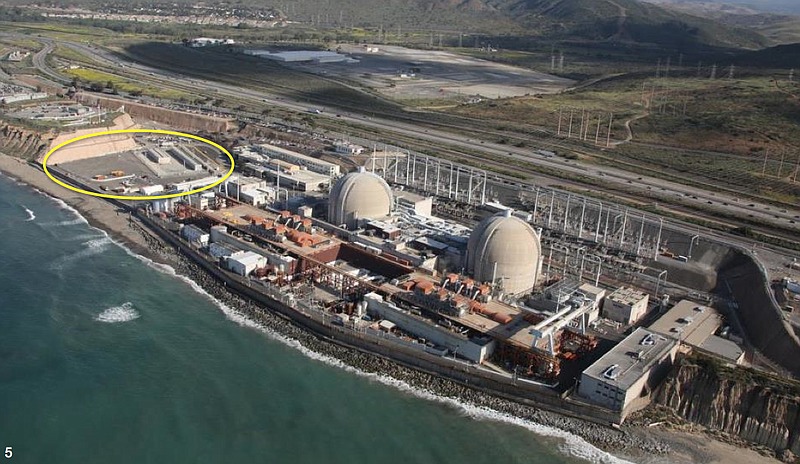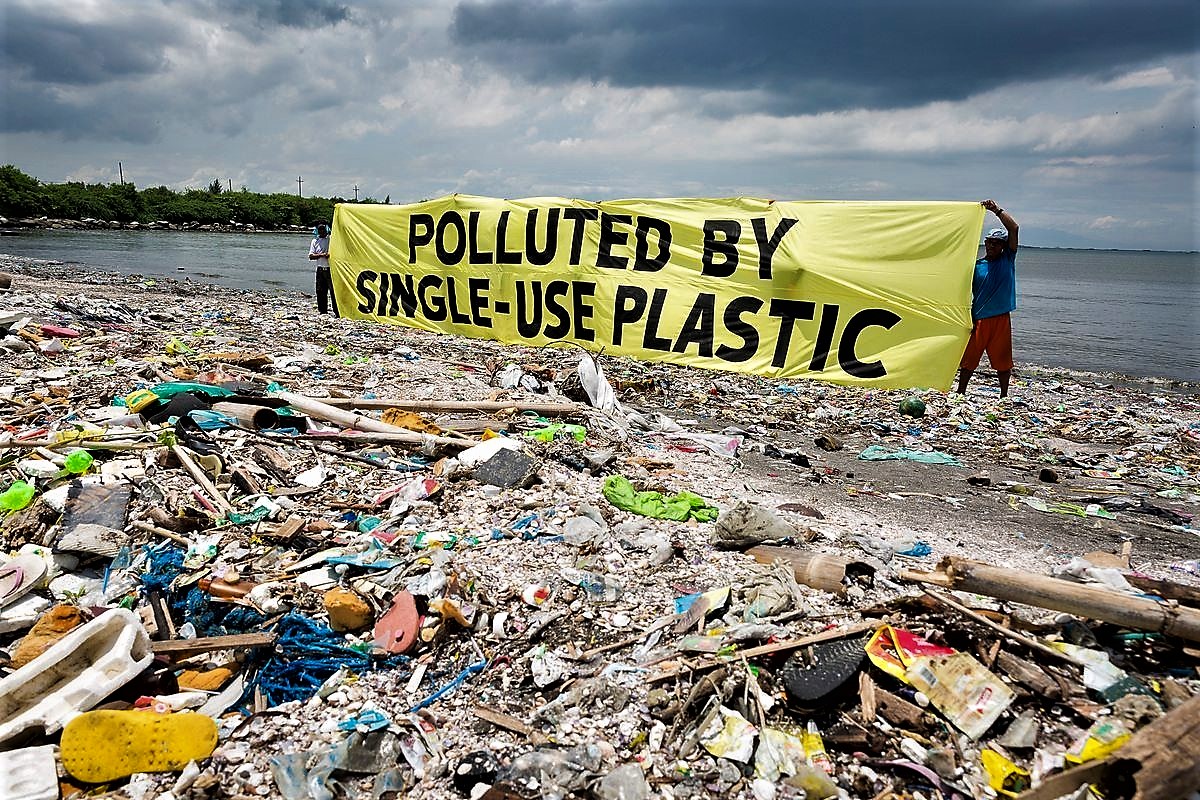THROWAWAY SOCIETY – EcoJustice Radio investigate the economics & inequity of plastic consumption once thrown away. Does plastic truly get recycled and what is the burden of other countries?
Recent Posts
The BirdHouse: Reconnecting People & Place through Arts & Ecology
On this episode of EcoJustice Radio, we visit with the members of an inspiring community garden and culture-space called The BirdHouse, in Hollywood, CA.
HUMAN HEALTH: The Threats of Plastic – Plastic Plague Pt 3
EcoJustice Radio investigates the impacts plastics have on our personal health and quality of life. From food packaging to building materials, we cover the toxins types, corporate responsibility, and how can we avoid exposure. We dive into what it means to support the efforts of frontline communities to minimize exposure by reducing these toxic chemicals.
Social Equity in a Zero Waste Baltimore – National Zero Waste Conference
EcoJustice Radio visits Baltimore, Maryland, setting the standard for #ZeroWasteCities by ensuring social equity. Their racially and economically just Zero Waste Plan goes beyond the successful management of resources and waste by lifting up human rights values and ensuring that those communities who are historically burdened by the ill effects of our waste system are made a priority. Jessica Aldridge from Adventures in Waste interviews advocates from United Workers.
REFINEMENT: Cracking the Plastic Production Boom – Plastic Plague Pt 2
REFINEMENT – Once extracted, how does oil and gas become the resin that will eventually be the plastic we use in our daily lives? Then we buy these products, the social and environmental justice issues are covered up by cool marketing campaigns.
Is Nuclear Waste at San Onofre Safe?
On today’s show Carry Kim speaks with special guest Torgen Johnson, an urban planner and community activist from coastal San Diego County here to discuss the stranded nuclear waste situation at the now closed San Onofre Nuclear Generating Station located just a short drive south of Los Angeles. Nuclear waste has been described by Greenpeace’s Michael Stothard as “the most destructive and indestructible waste in history.” Torgen will shed some light on how we can remain safe nevertheless.
Reducing Single-Use Culture Through Legislation – National Zero Waste Conference
EcoJustice Radio and Adventures In Waste look at Single Use Consumption Culture and how proposed #AB1080 and #SB54 legislation in California attempts to reduce plastic pollution and support recycling and Circular Economy efforts.


